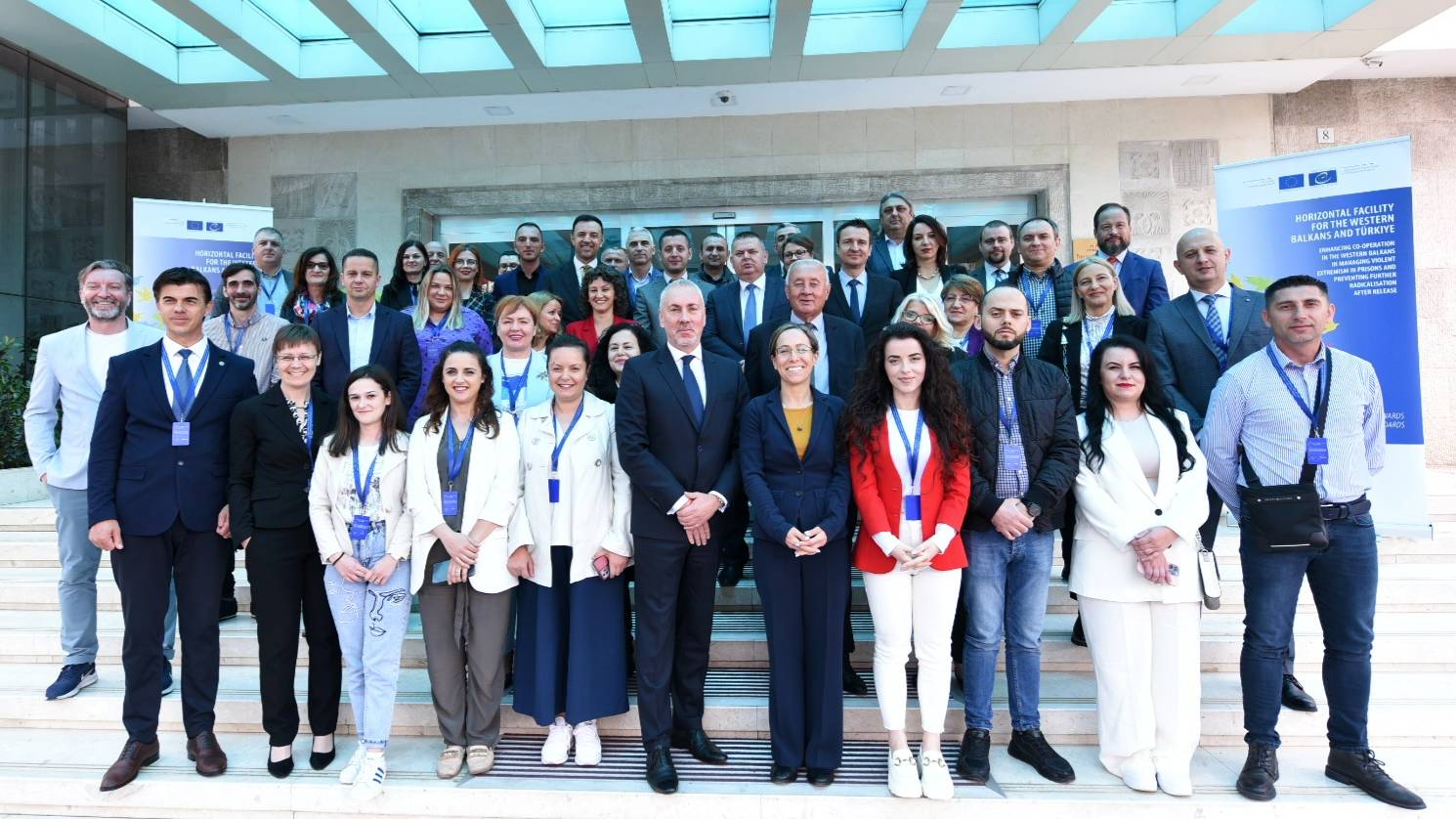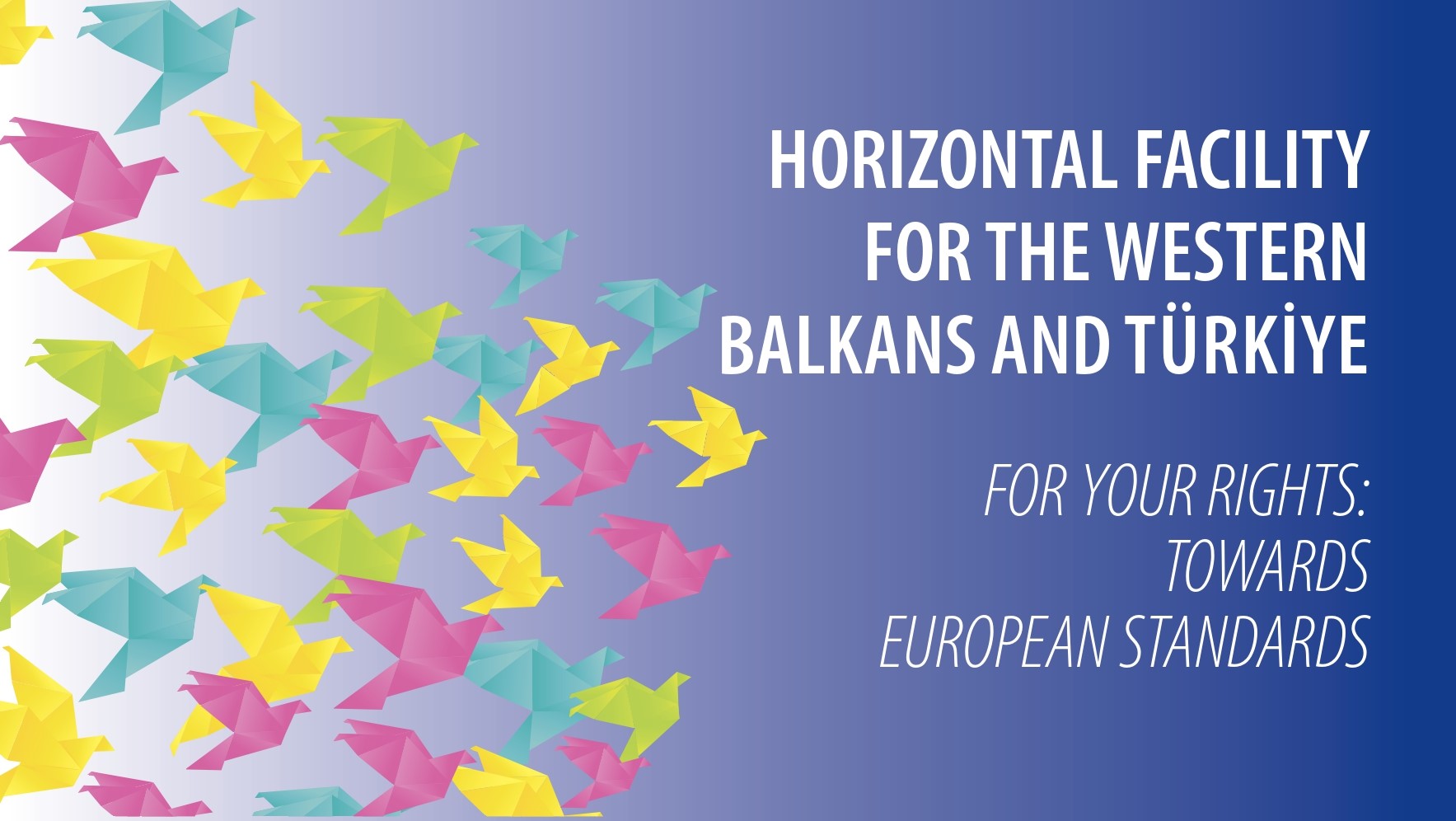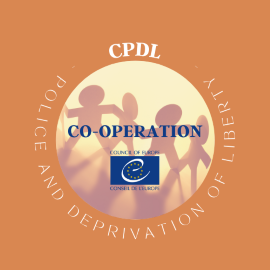Fostering effective rehabilitation and reintegration support for violent extremist prisoners and prisoners at risk of radicalisation in the Western Balkans region

Equipping violent extremist prisoners and prisoners at risk of radicalisation with practical skills and qualifications that enhance their employment prospects after release and providing them with multi-agency support upon release is crucial for their effective rehabilitation and reintegration. That, in turn, helps them to stay away from crime. This was the key message delivered by some 50 professionals from the Western Balkans, representing penitentiary, social welfare and protection sectors, adult education, employment services, civil society organisations active in preventing and countering violent extremism and post-penal assistance to former detainees. They gathered at a regional conference on “Programmes and avenues ensuring reintegration of violent extremist prisoners (VEPs) and other vulnerable and marginalised prisoners at risk from radicalisation in the Western Balkans” held on 24-25 April 2024 in Tirana, Albania. The participants were presented with the main findings of a research conducted with the support of the European Union and the Council of Europe in all 6 Beneficiaries. The research focused on the practical application of vocational and educational programmes in prisons and employment opportunities in local communities as well as on multi-institutional support offered after release. They also discussed good practices as well as examples of programmes implemented within and outside of prisons in the region and other parts of Europe. Moreover, participants discussed different challenges in their efforts to support VEPs during incarceration and upon release and agreed that multi-institutional cooperation and support to VEPs should be strengthened, vocational and educational programmes should be aligned with labour market demands and awareness should be raised in local communities and among potential employers to reduce the stigma VEPs face in their life after prison. Recommendations on tackling the mentioned and other challenges were presented to the participants in a form of a policy guidelines with an aim to equip policymakers and senior officials in the Western Balkans with the knowledge and strategies to prevent and counter- terrorism within the region. The conference was organised within the framework of the regional action “Enhancing co-operation in the Western Balkans in managing violent extremism in prisons and preventing further radicalisation after release” implemented under the joint European Union and Council of Europe programme “Horizontal Facility for the Western Balkans and Türkiye”.



